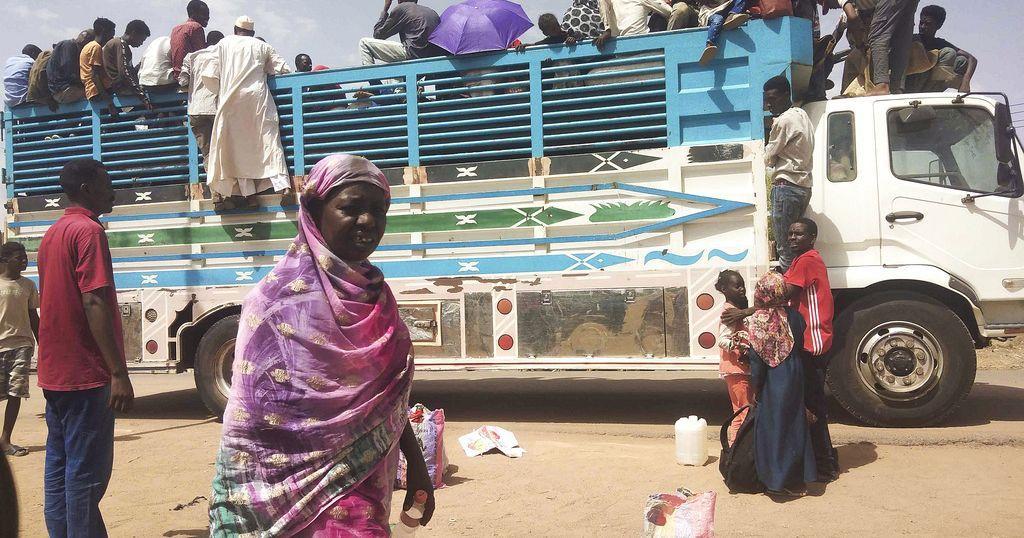Africa-Press – Kenya. As the conflict in Sudan nears its one-year mark, the UN Refugee Agency is warning that over 25 million people are facing a humanitarian crisis with no end in sight.
Ahead of the anniversary of the conflict on April 15, UNHCR said that Sudan and its neighbours are experiencing one of the largest and most challenging humanitarian and displacement crises in the world.
Thousands of refugees have continued to cross borders daily as they flee the war, with most arriving in South Sudan.
The number of displaced people has “now surpassed 8.5 million people, with 1.8 million of them crossing borders,” said Olga Sarrado, UNHCR spokesperson.
635,000 of the displaced have fled to South Sudan, representing over 5 percent of South Sudan’s population.
“To make a comparison, if we’re talking about Germany, that would be 4.5 million people arriving in one year, in less than one year,” said said Marie-Hélène Verney UNHCR’s representative in South Sudan “And if we’re talking about the United States, that would be 17.6 million people arriving in less than one year.”
Impact on South Sudan
The refugees are in desperate need of food, water, shelter, and medical care, with many families having been separated and in distress.
“This is the world’s poorest country,” Verney said, speaking from South Sudan’s capital, Juba.
“You can imagine the pressure that has been put on this country since 15th of April. Daily average of arrivals since last 15th of April, a year ago is 1,800 people a day. A day. Every single day,” she emphasized.
With South Sudan and Sudan still closely interlinked, there are growing fears that the economy will collapse, and insecurity could worsen in South Sudan after one of its key oil pipelines, which passes through Sudan, was damaged and forced to close.
The incident occurred in February in Sudan’s White Nile state, an area controlled by the paramilitary Rapid Support Forces, which is fighting the Sudanese army for power in the country.
Oil accounts for some 95 percent of South Sudan’s declared revenues.
“Since last month, that oil pipeline has been closed because Sudan is no longer able to maintain it due to the conflict. This has had a massive impact on the economy of South Sudan, the entire country, with incredibly rapid inflation of the South Sudanese pound and just generally speaking, a lack of revenue getting into the country,” explained Marie-Hélène Verney.
Critically low funding
Despite the worsening crisis, UNHCR says funding “remains critically low.”
Only seven percent of the requirements outlined in the 2024 Regional Refugee Response Plan for Sudan have been fulfilled.
Similarly, the Humanitarian Response Plan for inside Sudan is just six percent funded.
UNHCR, the UN Refugee Agency, coordinates the Regional Refugee Response Plan, which requests $1.4 billion and targets nearly 2.7 million people in five countries neighboring Sudan.
The UN Office for the Coordination of Humanitarian Affairs (OCHA) takes care of the response inside Sudan: this year’s Humanitarian Needs and Response Plan calls for $2.7 billion to reach 14.7 million people.
Both plans aim to support some 17.4 million people in Sudan and the region.
For More News And Analysis About Kenya Follow Africa-Press






